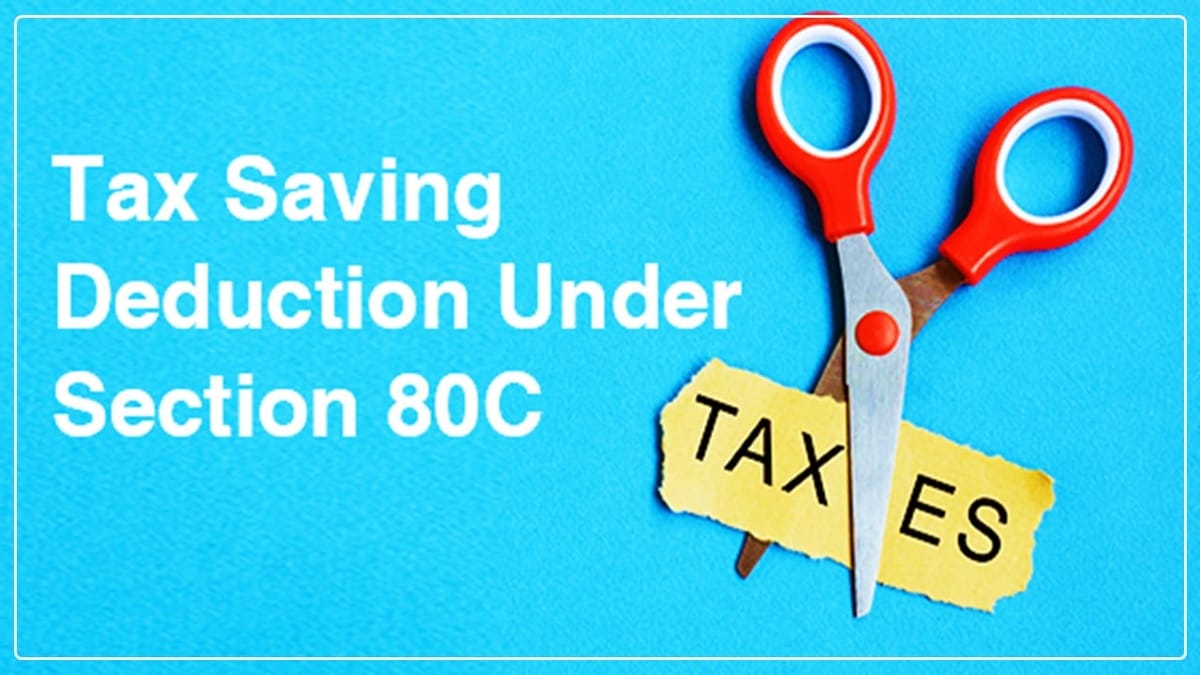The maximum limit for claiming tax benefits under Section 80C stands at Rs 1.5 lakh for the current financial year, 2023-24.
Reetu | Feb 28, 2024 |

Could not make Investment u/s 80C? Do check these expenses for deduction
In the recent Budget 2024 speech, the Finance Minister left the Section 80C tax deduction limit intact.
The maximum limit for claiming tax benefits under Section 80C stands at Rs 1.5 lakh for the current financial year, 2023-24, and it will remain the same for those wishing to save on taxes through Section 80C investments in the future financial year 2024-25.
Section 80C of the Income-tax Act specifies which investments and expenses are eligible for tax deductions. Individuals can reduce their gross taxable income by up to Rs 1.5 lakh every financial year by making these specific investments or expenses.
Section 80C allows you to save on taxes by investing in Employees’ Provident Funds (EPF), Public Provident Funds (PPF), Equity Linked Saving Scheme (ELSS) mutual funds, National Savings Certificates (NSC), and 5-year tax-saving fixed deposits with banks or post offices.
Furthermore, paying life insurance policy premiums qualifies for tax benefits under Section 80C.
According to the report, each qualified investment has a specified maximum limit, rate of return, liquidity, and tax requirements for earned returns. For example, the maximum amount you can invest in PPF in a financial year is Rs 1.5 lakh.
Meanwhile, there is no limit to the amount you can invest in ELSS mutual funds, but the Section 80C deduction is restricted to Rs 1.5 lakh.
Individuals who are unable to make particular investments may nevertheless be eligible for Section 80C deductions from their gross taxable income for certain expenses. These expenses include repaying the principal amount of a home loan, paying for children’s tuition, stamp duty, registration fees, and other costs associated with property ownership.
Individuals without company income must select between the old and new tax regimes on a yearly basis beginning with the financial year 2020-21.
As of the financial year 2023-24, the new tax regime is the default choice. As a result, people seeking tax deductions under Section 80C must use the old tax regime because the deduction is not accessible in the new tax regime.
It is critical for taxpayers to understand these regulations in order to make sound decisions regarding their tax planning and investing plans.
In case of any Doubt regarding Membership you can mail us at [email protected]
Join Studycafe's WhatsApp Group or Telegram Channel for Latest Updates on Government Job, Sarkari Naukri, Private Jobs, Income Tax, GST, Companies Act, Judgements and CA, CS, ICWA, and MUCH MORE!"